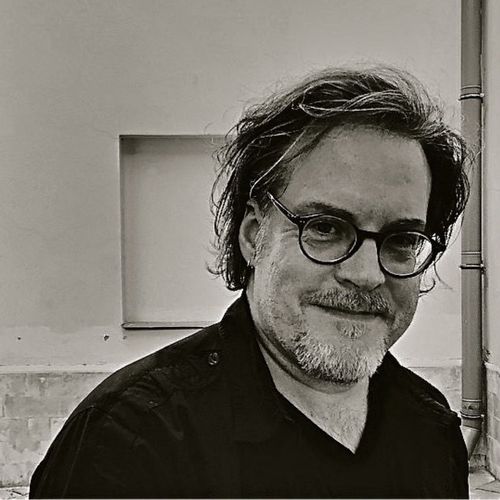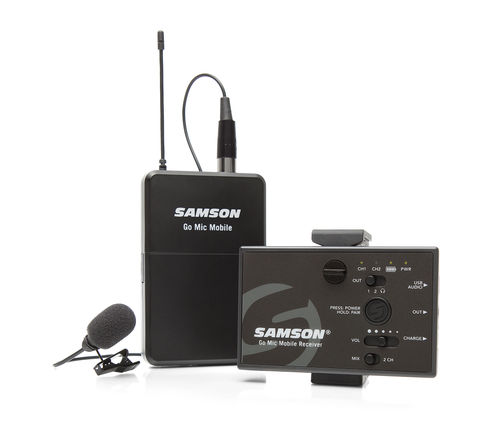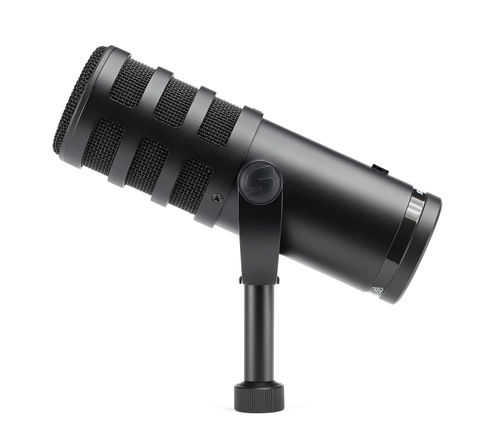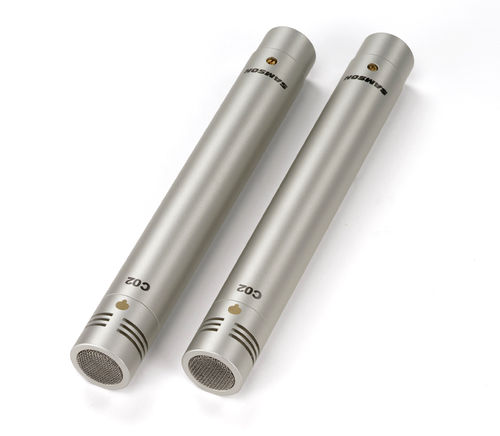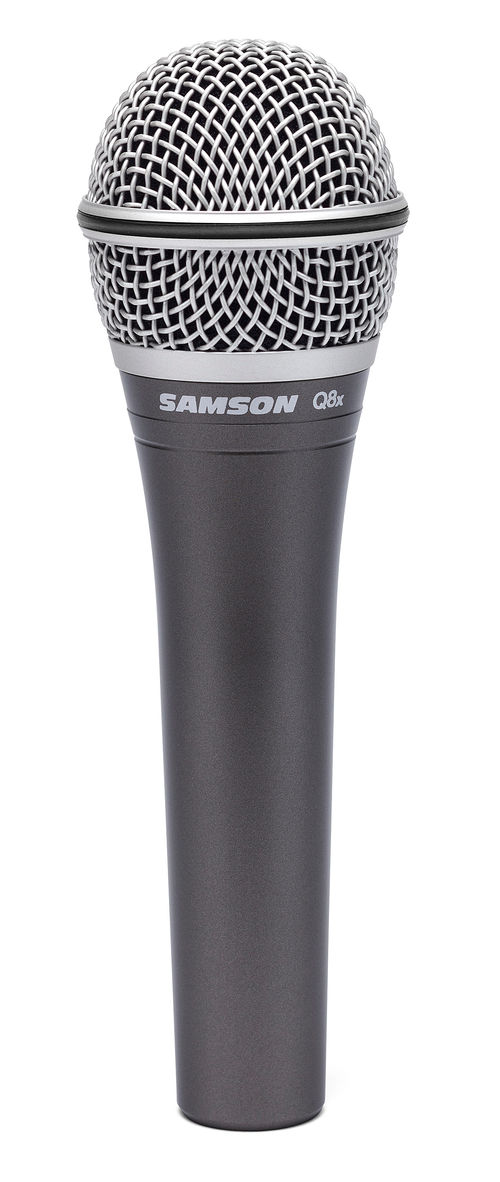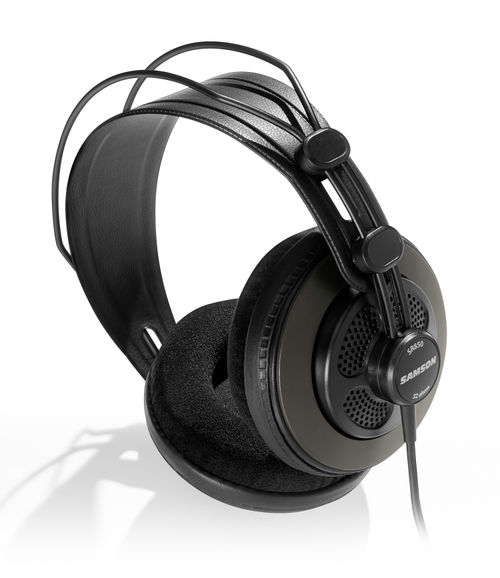David Gibson’s Video Series “The Quest” Tells Inspiring Stories of Entrepreneurs and Their Small Businesses
Having experienced his own early career doldrums in corporate sales (including being laid off), David Gibson reinvented himself by following a passion for storytelling, learning from others and passing it on. Gibson, after overcoming a fear of public speaking, created what he describes as a personal-growth/coaching platform, Elevation Is a Must (EIAM), through which he has built a following of thousands via social media. Gibson hosts the live program DreamCatchers WorldWide Broadcast on Facebook, along with speaking on professional development and conducting leadership workshops for the likes of Macy’s, WNBA team: the Indiana Fever, Indiana University–Purdue University and Maryland’s Stevenson University. But what may prove most valuable to himself and others is The Quest, his online video series profiling small businesses. Born and raised in Indiana, Gibson has become an inspired advocate for bootstrap entrepreneurs in his hometown of Indianapolis, with the first two seasons of the series focused there.
Gibson conceived The Quest during the downtime of the COVID-19 pandemic, eventually filming the seven episodes of Season 1 in 2022. Produced with flair alongside series creative partner Dwayne Terry and released last year, the videos for the first season of The Quest each profile a small business local to Indianapolis: Paul’s Kitchen, a private-chef venture; Command Coffee, a coffee shop; Gravesco, a pottery studio; KurlyKoils, a hair salon; Blacksheep Collective, a clothing brand; Ced’s Boxing Academy; and Press Play Gaming Lounge. The format for each of these initial episodes — the length ranging from under 40 minutes to over an hour — consists of an upbeat, atmospheric intro that presents the vibe of each operation, followed by Gibson sitting down with the owner to discuss his or her ambitions and the challenges and solutions of establishing a small business.
Season 2 of The Quest premiered in March 2024 and will feature seven more video profiles of small businesses and their entrepreneurs, with the format having evolved toward a more ambitious, documentary-film style. The subjects for this sophomore season, again all local to Indianapolis, are Juice Remedy, a juice bar; The Pink Tub, a self-care shop; Native Bread, a gluten-free bakery; Nap Or Nothing, an apparel-design shop; Black Worldschoolers, a mobile book store focused on Black stories and authors; Capture Fitness, a gym; and InDanza, a dance studio.
Since 2015, Samson audio gear has been a vital component of David Gibson's production setup, initially utilized in his garage studio with an iPhone and a Samson mixer, headphones, and a Q2U microphone. “The tech I was using before was really rudimentary, so even my initial Samson products were a real game-changer for me,” he says. Leveling up with more Samson gear and a brand partnership over the years, Gibson has come to realize that “Samson is a company that’s all about empowering creators — it’s an inspiring mission, one that I share in my own way.”

Tell us about your video series The Quest, what it’s about and who it’s for?
I created The Quest to amplify the stories of small-business owners and, thereby, educate and empower other aspiring entrepreneurs who are in the early stages of conceiving and creating and establishing a small business. My team and I are constantly looking for interesting stories to tell, and there are a lot of them out there, even just here in the Indianapolis area. Anytime you see the owner of a small business, there’s a personal story behind the operation, their team and the mission that they’re working toward. The title of the series, The Quest, reflects how these individuals are really embarking on a quest toward a goal, a journey to a destination — they’re aiming to accomplish something of value for themselves as well as their community of customers and collaborators. Ultimately, we’re telling stories that can resonate with people who might want to venture on their own entrepreneurial quest.
What’s Season 2 of The Quest going to be like?
Well, for that first season, I was wearing a lot of hats, from co-producing and co-directing and conducting the interviews to working on the lighting, editing, music selection, etc. For Season 2, we have made it more ambitious. This time, each episode is a mini-documentary of about 45 to 55 minutes, so Dwayne and I have assembled a team of filmmakers to realize these. There’s a crew of seven of us now. So, instead of the initial intro-plus-Q&A format, we’re immersing ourselves in each business doc-style and taking you with us as we move around the facility and I engage with the owner and staff. Viewers will be able to experience what it’s like to be inside that small business day to day.
Another component we’ve added to Season 2 is that we have asked each business owner what his or her biggest entrepreneurial challenge has been and then we connect them with a small-business expert in that particular space to help meet this challenge. These consultants — branding specialists, business strategists, leadership-development advisers and so on — come in and work with the owner, to help them solve problems and take advantage of opportunities, to take things to the next level.
What drew you to some of these Indianapolis entrepreneurs?
Well, each of the businesses that we’ve featured have their own interesting stories to tell. I’m especially drawn to people who may have had a particular desire to fulfill or problem to solve, but having seen an absence or a lack in the marketplace, they created the business to fulfill that desire or solve that problem not only for themselves but for others. For example, take Hayley McGinley of Native Bread, who we profile in Season 2. She has a gluten sensitivity that kept her from eating bread, pastries, pizza, what have you, and she couldn’t find a bakery in Indianapolis that made those things gluten-free. So, she ended up founding her own bakery, providing a service to customers who, like her, have gluten allergies. As with most all good entrepreneurs, she saw a problem and created the solution.
A common thread to a lot of the entrepreneurs covered by The Quest is that while a small business hopefully benefits the founder financially, professionally and personally, it also serves a community goal that goes beyond themselves. The fact that other people in their community value and count on them could be what helps push them through the ebbs and flows of entrepreneurship, the inevitable challenges to keeping a business thriving.

So, tell me more about the Samson equipment you use now and what is it that you value most about it?
Samson had reached out to me after they saw a Periscope livestream I did when that was attached to Twitter. I recall thanking them because I had a lot of people inquiring about my audio setup, and I put Samson in the title. So, as the retweets went around, Samson got wind of it and reached out to me and we ended up developing this great partnership. As I said before, if you think about it, we’re at different ends of the same mission: empowering creators, enhancing what they do. Samson does it with their audio tools, and I do it through storytelling and sharing concepts and ideas.
With my weekly live program, DreamCatchers WorldWide Broadcast, which is set up like a podcast, I use Samson’s Q9U broadcast microphone, plus their SR850 studio headphones. The Q9U is excellent for me because I have a deeper speaking voice, and it captures my voice well. With that mic, I trust that I’ll sound natural and present and real. For Season 1 of The Quest, we used the Q9U for the sit-down interviews, and it worked great for that, too. With Season 2, we’re moving around a lot, so we relied on the C02 pencil condenser microphones and the Go Mic Mobile digital wireless lavalier mic system, as well as the handheld Q8x microphone for different situations. As a creative type rather than a technical guy, I want professional-quality audio gear, but it can’t be complicated to the point where figuring out how to use it impedes my workflow. In other words, you don’t have to be an audio engineer to use these Samson products. They’re easy to use, along with sounding great and having that high reliability you need for something like a busy video shoot.
Anyone who is creating content wants the audience to be able to immerse themselves in that content. For that to happen, there are a lot of layers in a production that the listener or viewer never sees, from the cameras and lights the cinematographer relies on for filming the images to the computers and programs the editor uses for putting things together to the various microphones that capture the audio in just the right way. Audiences definitely expect good sound quality nowadays, even if they’re just listening on their phones. To that end, Samson has been great in helping us do what we do, which is about enabling people to get their stories across loud and clear.
From your experiences making The Quest and getting to know these entrepreneurs, have you learned things from them that have helped you with your own operation?
Most definitely. I’ve picked up marketing strategies and ideas for partnerships all along the way. For instance, I saw how Ray Embry of the Press Play Gaming Lounge had this mindset of always being creative, even when it came to funding your ideas. You know, when an entrepreneur goes to a financial institution for a loan, the bank wants to see it before they can believe it — and that’s one of those chicken-or-egg-type situations. How can you show proof of concept for something that you haven’t built yet, that’s still just a vision in your head? Well, Ray had to bootstrap it in order to realize that vision, and not just by going beyond his own capital to raise money from family and friends. He really had to network it, leveraging other people’s resources and skills and connections — getting creative to partner with people, to barter, to get beyond the budget. That broadened my mind about how to create strategic alliances, how to tap sources of technology and talent and distribution. You have to creatively collaborate at every stage.
As you produce more episodes of The Quest, you may become something of a hero to the small-business community of Indianapolis.
Ha, well, as I like to say, the goal isn’t so much to become known as it is to become somebody who’s worth knowing.
